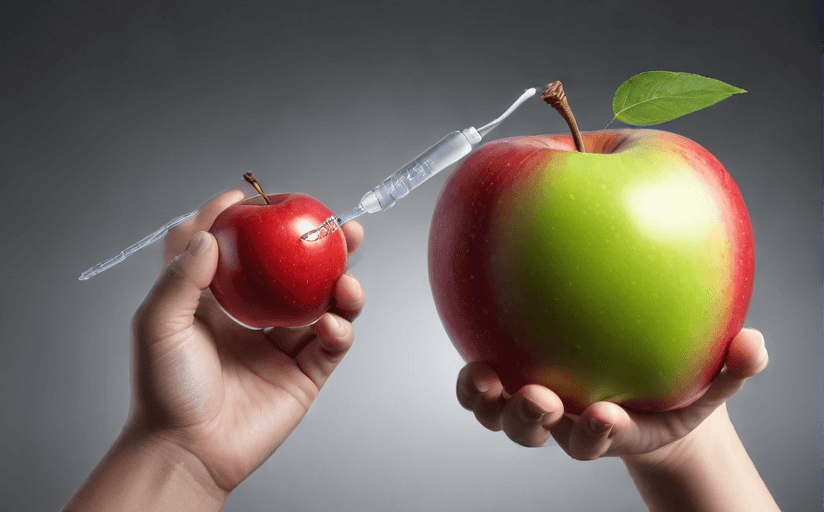The Impact and Ethics of Consuming Genetically Modified Foods
With the advent of scientific breakthroughs and technological advancements in the field of agriculture, the production of Genetically Modified (GM) foods has been an increasingly prevalent factor in recent decades. However, the consumption of GM foods comes with a host of both potential benefits and risks that has a significant bearing on human health, the environment, the economy and the farming industry as a whole.
Understanding Genetically Modified Foods
Before we delve into the impacts, it's essential to understand what GM foods are. Genetically Modified (GM) foods are organisms whose genetic materials have been artificially manipulated in laboratories through genetic engineering. This process often involves inserting DNA into the genome of the organisms from a different species.
The Benefits of GM foods
One of the primary benefits of GM foods is their potential ability to resist pests and diseases, which can result in higher crop yields and ensure a stable food supply chain. According to Dr. Max Rothschild of Iowa State University, The development of GM foods promises potential benefits in agricultural practice due to increased productivity and reduced dependence upon chemical pesticides and herbicides.
The Risks of GM foods
On the other side of the spectrum, critics of GM foods argue that there are potential health risks associated with their consumption, including allergic reactions and other unforeseen health consequences. The environmental impact is also a concern with the potential for increased resistance amongst pests leading to a higher use of pesticides.
The Ethical Implications
Another area under scrutiny is the ethical implications of producing and consuming GM foods. This includes issues relating to the patenting of life forms, corporate control over the food supply, and the potential impact on small farmers.
Are We Aware of What We Are Eating?
One of the most contentious issues surrounding GM foods is the debate over GMO labelling and a consumer's right to know what's in their food. Supporters of labeling argue, it's a basic consumer right to know what one is consuming. However, opponents contend that mandatory labeling could be misleading and unnecessarily scare consumers away from GM foods.
Regardless of what side of the fence one is on, it's clear that this conversation will continue as innovations in food technology progress. With further scientific research, societies worldwide will have to grapple with the ethical dilemmas introduced by GM foods and the potential effects on all aspects of life.


















Comments
Leave a Comment